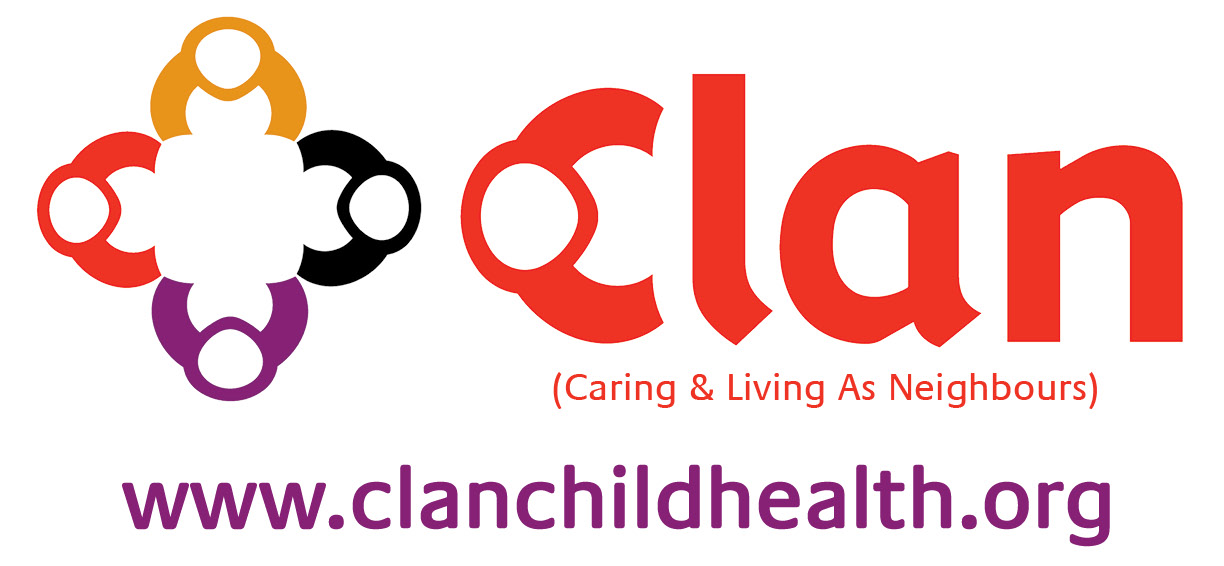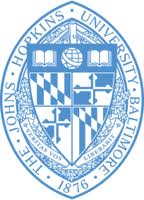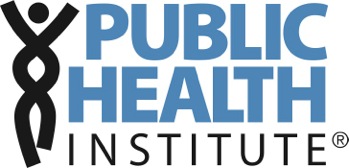The Healthy Caribbean Coalition (HCC) was formed in 2008. It is a live network of non-governmental and civil society organizations from across the Caribbean Region with a remit to address non-communicable disease (NCDs). The mission of the HCC is to harness the power of civil society, in collaboration with government, private enterprise, academia, and international partners in the development and implementation of plans for the prevention and management of chronic diseases. The recently developed 2012-2016 HCC Strategic Plan focuses on four key strategic areas: 1. Advocacy by empowered Caribbean people with a view to bringing about positive health changes; 2. Enhanced Communication about NCDs to build public awareness; 3. Capacity Building in and among health NGOs in the Region to make them more fit to contribute to the “whole society” response to NCDs; and 4. Promotion of mHealth and eHealth in NCD prevention and management. These priority areas reflect that the HCC is a regional alliance with the expressed purpose of adding value to civil society in the Caribbean, and empowering people, specifically in the response to NCDs. It further reflects the HCC’s mandate to encourage and foster the execution of NCD projects and programmes in-country, undertaken and led by local civil society organizations.
The HCC works closely with regional and international leaders in the NCD prevention to leverage the power of civil society by strengthening and supporting our membership in the implementation of progammes aimed at reducing the morbidity and mortality associated with NCDs. The HCC is in Official Relations with PAHO. The organisation serves over 40 Caribbean-based health NGOs and over 45 not-for-profit organizations and in excess of 200 individuals across the Caribbean and globally. Members include nongovernmental health organizations, professional health and other associations, faith based organizations, neighbourhood organisations, cooperatives charities, unions, social movements and special interest groups.
 AYUDA (American Youth Understanding Diabetes Abroad)
AYUDA (American Youth Understanding Diabetes Abroad)
An organization run for youth by youth, AYUDA uses youth as agents for change. AYUDA is dedicated to working with local diabetes communities to develop and implement sustainable diabetes programs throughout the world.
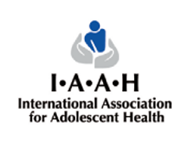 The IAAH is a multidisciplinary, non-government organization with a broad focus on youth health. IAAH was established in 1987 and is committed to the principles of youth empowerment in all aspects of its affairs and supports the United Nations Convention on the Rights of the Child (1989). Our goal at present is to become an organization which encourages and fosters National Youth Health organizations.
The IAAH is a multidisciplinary, non-government organization with a broad focus on youth health. IAAH was established in 1987 and is committed to the principles of youth empowerment in all aspects of its affairs and supports the United Nations Convention on the Rights of the Child (1989). Our goal at present is to become an organization which encourages and fosters National Youth Health organizations.
The mission of The Johns Hopkins University is to educate its students and cultivate their capacity for life-long learning, to foster independent and original research, and to bring the benefits of discovery to the world. The university was opened in 1876 and has since been a world leader in academics and research.
PHI is a nonprofit based in Oakland, California that will celebrate its 50th anniversary in 2014. Its mission is to promote research, leadership and partnerships to build capacity for strong public health policy, programs, systems and practices. PHI values health as a fundamental human right, and works on the principle that just societies ensure equitable health outcomes for everyone.
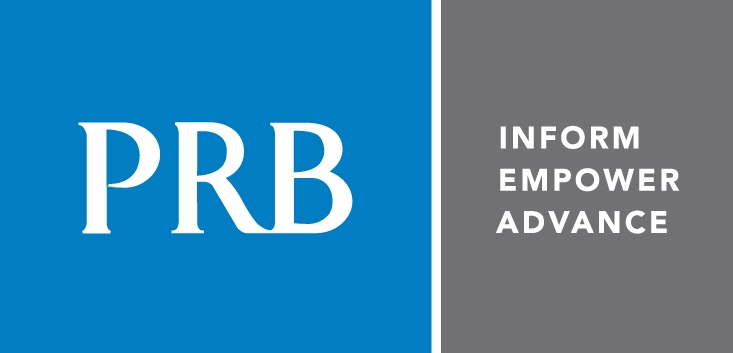
The Population Reference Bureau informs people around the world about population, health, and the environment, and empowers them to use that information to advance the well-being of current and future generations.
Save the Children is a leading independent organization creating lasting change in the lives of children in need in the United States and around the world. They show a commitment to accountability, innovation and collaboration. Save the Children’s mission is to inspire breakthroughs in the way the world treats children and to achieve immediate and lasting change in their lives.
UNICEF is mandated by the United Nations General Assembly to advocate for the protection of children's rights, to help meet their basic needs and to expand their opportunities to reach their full potential. UNICEF insists that the survival, protection and development of children are universal development imperatives that are integral to human progress.UNICEF mobilizes political will and material resources to help countries, particularly developing countries, ensure a "first call for children" and to build their capacity to form appropriate policies and deliver services for children and their families.
Supported by
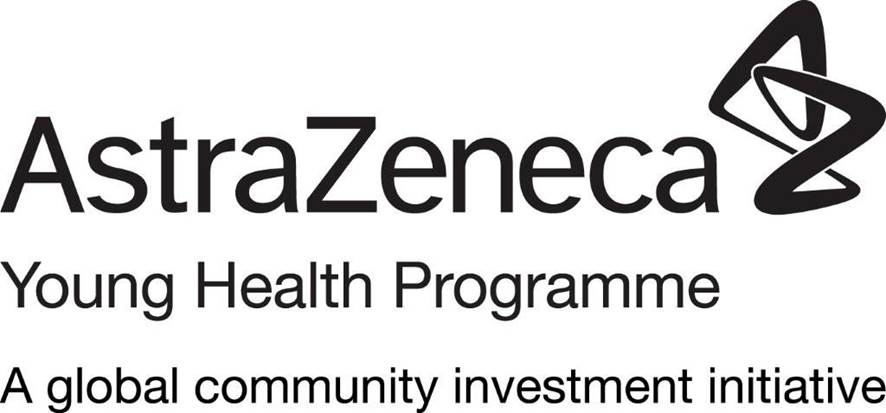 | Young Health Programme is a partnership between AstraZeneca, Johns Hopkins Bloomberg School of Public Health and Plan International, with further local NGO partners also implementing YHP programmes on the ground. The Young Health Programme’s mission is to positively impact the health of adolescents in marginalised communities worldwide through research, advocacy and on-the-ground programmes focused on NCD prevention. | |
 |  | 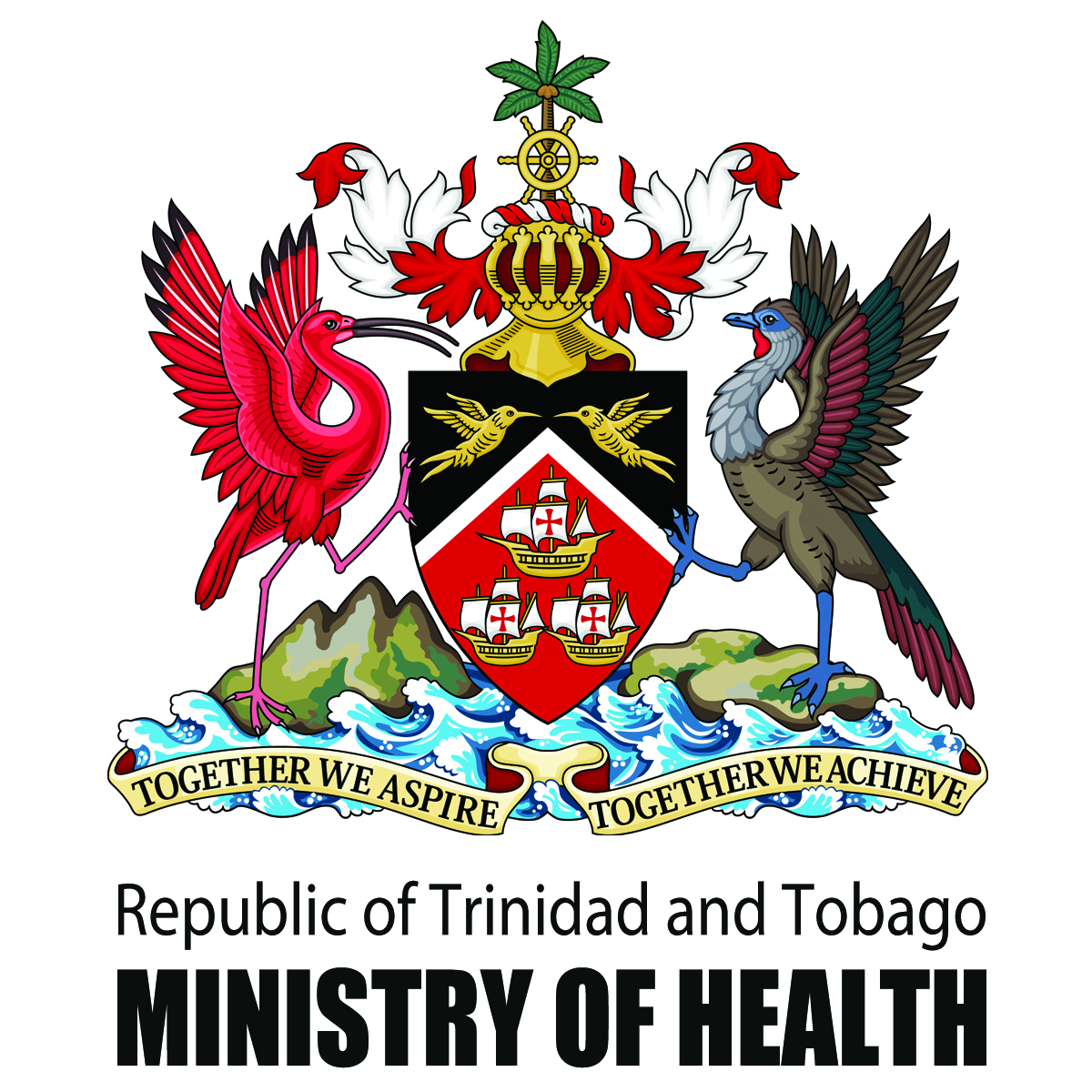 |


